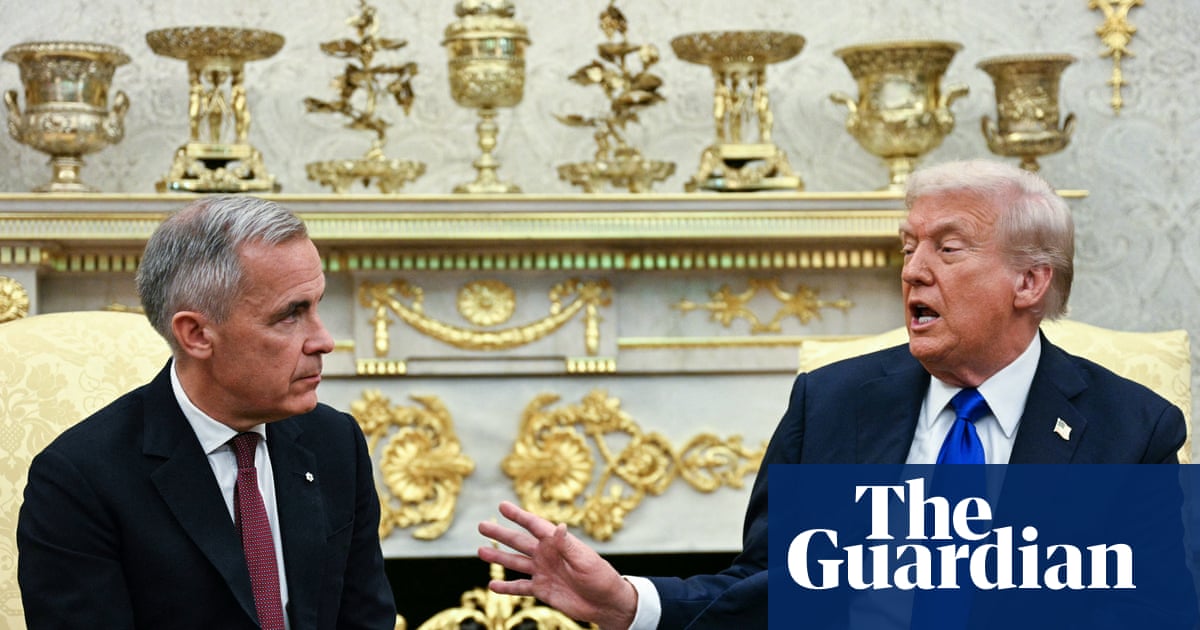President Trump's Justice Department charged former FBI Director James Comey on Thursday with lying to Congress, an unprecedented step against a longtime Trump foe that revisits controversies over the FBI's Trump-Russia probe from nearly a decade ago.
A grand jury in Northern Virginia voted to indict Comey on two counts: making a false statement to Congress and obstructing a congressional proceeding. In an unusual move, the grand jury voted against indicting him on an additional charge of making a false statement.
The criminal charges revolve around a Senate hearing in September 2020, when lawmakers grilled Comey — who was fired by Mr. Trump three years earlier — about how he handled the FBI's 2016 investigations into pro-Trump election meddling by Russia and Hillary Clinton's use of a private email server. Both election-year probes have drawn Mr. Trump's ire for years.
The five-year statute of limitations for charges out of that hearing would have expired next week.
Comey asserted in an Instagram video that he is innocent.
In a statement, Attorney General Pam Bondi said the indictment "reflects this Department of Justice's commitment to holding those who abuse positions of power accountable for misleading the American people."
Count 1: Comey accused of lying about media leaks
The first count against Comey that was approved by the grand jury accuses him of breaking a federal law that makes it a crime to make "any materially false, fictitious, or fraudulent statement or representation" to a federal body, including Congress.
The charge hinges on a combative back-and-forth between the former FBI director and Republican Sen.Ted Cruz of Texas during the Sept. 30, 2020, Senate hearing.
In the hearing, Cruz pressed Comey on whether he had ever authorized another FBI staffer to serve as an anonymous source in any media reports about the bureau's 2016 investigations involving Mr. Trump and Hillary Clinton.
Comey had answered no to a similar question during another Senate hearing in 2017. But Cruz said in the 2020 questioning that former FBI Deputy Director Andrew McCabe — another Trump foe — has "publicly and repeatedly stated that he leaked information to the Wall Street Journal and that you were directly aware of it and that you directly authorized it," referring to an article about an FBI investigation into the Clinton Foundation.
"Now, what Mr. McCabe is saying and what you testified to this committee cannot both be true. One or the other is false," the senator said to Comey. "Who's telling the truth?"
"I can only speak to my testimony. I stand by the testimony," replied Comey.
Thursday's indictment alleges that this statement is false because Comey "then and there knew, he in fact had authorized [an unnamed person] to serve as an anonymous source in news reports regarding an FBI investigation."
A 2018 report by the Justice Department inspector general's office says Comey and McCabe discussed the Wall Street Journal article after it came out, but gave investigators competing stories about their meeting. Comey told the watchdog that McCabe "led him to believe" that McCabe hadn't authorized the release of any information to the Journal. But McCabe said he told Comey a day after the article was published that he'd approved the release himself, and Comey replied that it was a good idea.
The report says "the overwhelming weight of that evidence supported Comey's version of the conversation," and McCabe "lacked candor" in his conversation with Comey.
McCabe later told "60 Minutes" he did not intentionally mislead the inspector general.
McCabe was fired in 2018, days before he was set to retire.
Count 2: Obstructing a congressional proceeding
Comey was also indicted Thursday for allegedly trying to "influence, obstruct and impede" an investigation by the Senate Judiciary Committee by "making false and misleading statements." The indictment does not say what alleged false statement led to the obstruction charge.
Grand jury rejects a charge against Comey
A majority of the Alexandria, Virginia-based grand jury that reviewed the Comey matter voted not to charge him with one of the three counts presented by prosecutors, according to a form that was signed by the grand jury's foreperson and filed in court Thursday.
In order for federal prosecutors to criminally indict somebody, they need to convince most members of a 23-person grand jury that they have "probable cause" to believe a crime was committed — a much lower bar than the one needed to convict somebody.
It's very rare for grand juries to decline an indictment. In the 2016 fiscal year, federal prosecutors declined to bring charges against somebody because the grand jury didn't return an indictment only six times, out of more than 150,000 suspects who were investigated that year, according to a Justice Department report.
In recent months, however, grand juries in Washington, D.C., have rejected several requests for indictments by the Justice Department, including a possible felony charge against a person who was accused of throwing a sandwich at a federal agent. Former federal prosecutor Brendan Ballou told CBS News earlier this month that trend "suggests that the administration has absolutely destroyed its credibility with jurors."
The unsuccessful count against Comey would have accused him of illegally making false statements to Congress during a line of questioning by Republican Sen. Lindsey Graham of South Carolina in September 2020.
Graham had asked Comey if he remembered getting a lead from the intelligence community in September 2016 that alleged Hillary Clinton's campaign "was going to create a scandal regarding Trump and Russia" in order to distract from her use of a private email server.
Comey replied: "That doesn't ring a bell" — which the Justice Department called false.
The allegation about Clinton's campaign first surfaced in 2020, when it was declassified by Mr. Trump's Director of National Intelligence John Ratcliffe. Clinton campaign officials denied the accusation to Justice Department special counsel John Durham, a Trump-era prosecutor tasked with reviewing the Russia probe. But Durham said in a 2023 report that FBI investigators looking into possible Trump-Russia ties should've paid more attention to the claims.
Trump slams Jimmy Kimmel's return to late-night TV on ABC
Dr. Oz breaks down the federal government's stance on Tylenol and pregnancy; health care fraud

 German (DE)
German (DE)  English (US)
English (US)  Spanish (ES)
Spanish (ES)  French (FR)
French (FR)  Hindi (IN)
Hindi (IN)  Italian (IT)
Italian (IT)  Russian (RU)
Russian (RU) 























Comments